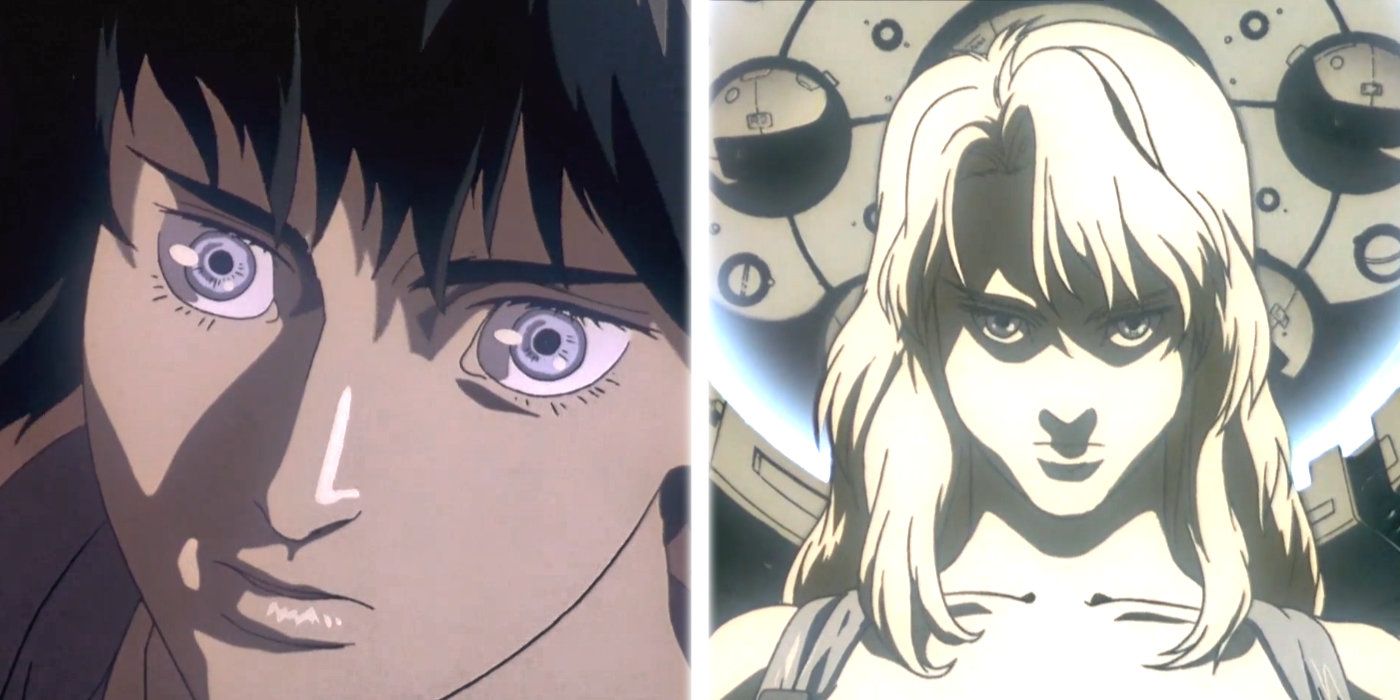
Ghost In The Shell hit the anime market in 1995, and made its way over to Western audiences under the Manga Entertainment banner. The result was nothing short of a pop culture explosion, bringing in-depth, philosophical cyberpunk to a whole new audience. It ended up becoming one of the most unique and influential sci-fi movies of its time, which would have a direct impact on films that followed, including the Matrix trilogy.
The level of sophistication and detail that went into both the visuals and the story are nothing short of unparalleled. Ghost In The Shell is difficult to understand fully, even on repeat viewings, and these quotes represent just a few examples as to why.
10 "Over-Specialize, And You Breed In Weakness. It's Slow Death."
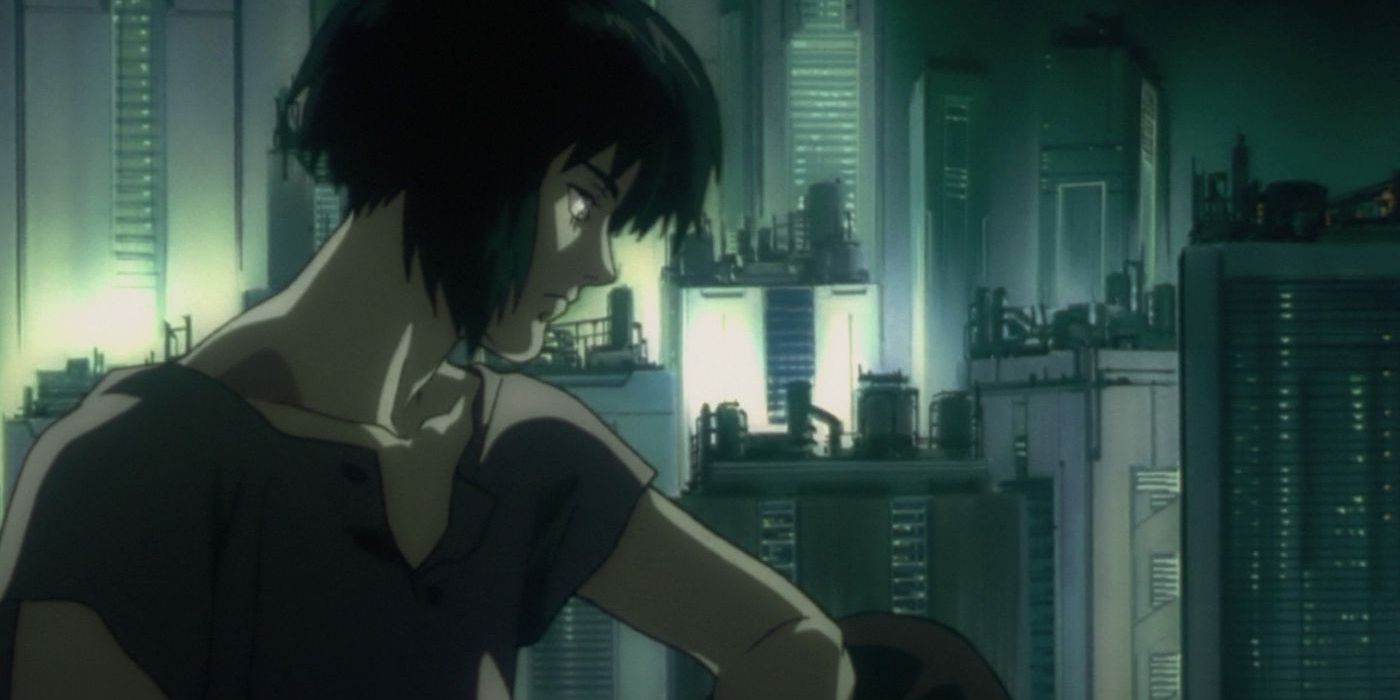
Section 9 realized the inherent limitations of relying too much on cyborgs to do the job, and that meant diversifying the talent pool. This quote came during a conversation between Major Motoko Kusanagi and Togusa regarding the latter's body and mind being almost completely human. This stood in direct contrast to many Section 9 personnel, particularly Kusanagi and Batou.
Here, Kusanagi sums up the need for alternative viewpoints, rather than standardized groupthink. Clashing ideas can lead to fruitful outcomes, particularly when it comes to getting a particular job done. For that reason, Togusa's "human" characteristics and straight-shooter personality would prove beneficial to the entire operation.
9 "Any Way You Look At It, All The Information That A Person Accumulates Over A Lifetime Is Just A Drop In The Bucket."
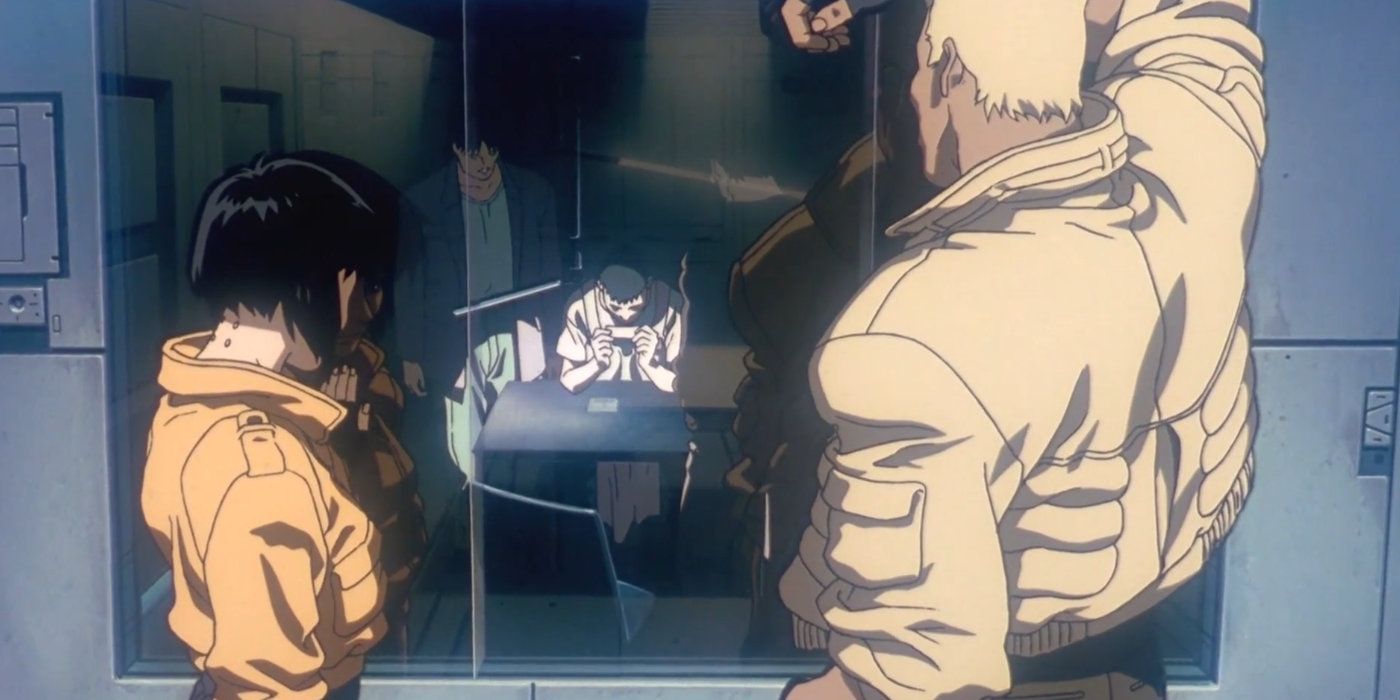
After apprehending the garbage man who has been making hacks along a predetermined route, he's taken in for questioning where he learns that his entire life has been nothing but a lie. His memories have been falsified, particularly those of his young daughter. In reality, he's a single man living alone who was taken advantage of by the Puppet Master.
When the realization sinks in, he falls to pieces while Kusanagi and Batou watch from behind the glass. Batou makes this quote which sums up the reality of human memory, and the information collected before humans eventually die at the end of their lifespan.
8 "If Man Realizes Technology Is Within Reach, He Achieves It, Like It's Damn-Near Instinctive."
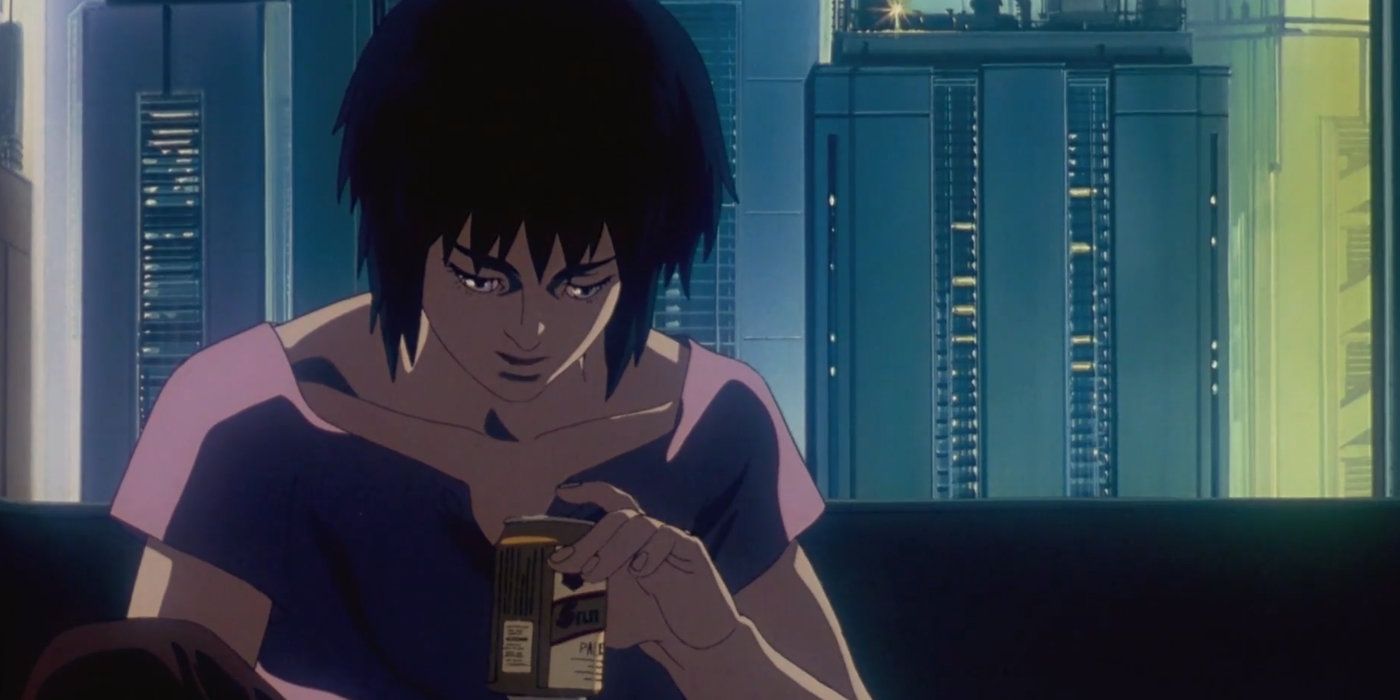
Kusanagi and Batou sit on a boat after the former finishes up a deep dive in the ocean, contemplating the existential nature of existence. There's a lot of symbolism and philosophy in this scene, along with some morsels that are easier for general audiences to digest.
She takes the time to describe humanity's leap from a biological lifeform, into the cybernetic age and references their corporate-created bodies as an example. It's a fitting description of how humans pursue progress as if it's an innate instinct, and it all began with simple accomplishments such as fire and the creation of the wheel.
7 "Can You Remember Your Mother's Name, Or What She Looks Like? Or How About Where You Were Born?"
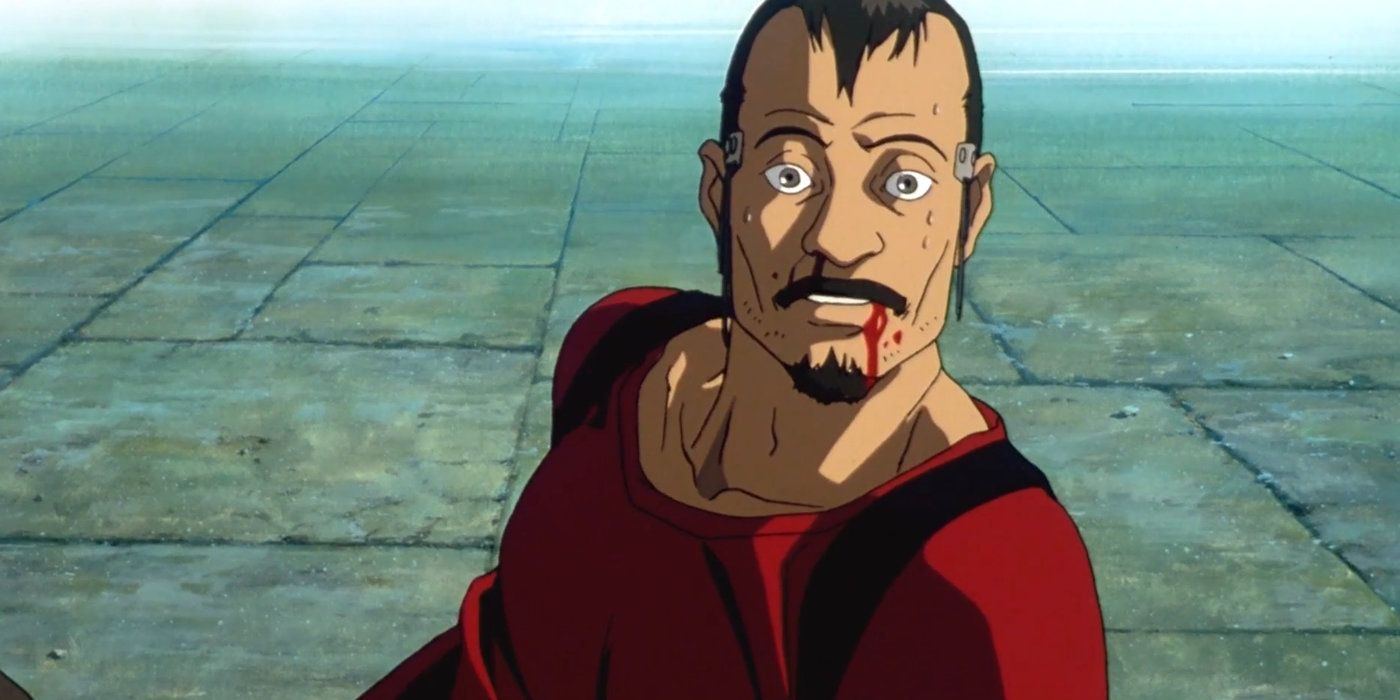
Kusanagi and Batou pursue a criminal who they think might be responsible for hacking the mind of the Minister's interpreter early in the film. They track a pair of garbage men, one of whom tries to warn the thug when it becomes apparent that the authorities are on his tail.
He's pursued through an alleyway by Kusanagi and subdued, but vows not to talk. It isn't until Kusanagi asks him these questions that he begins to second-guess himself. In the end, the criminal was simply another pawn manipulated by the Puppet Master into doing his bidding, without realizing it.
6 "What We See Now Is Like A Dim Image In A Mirror. Then We Shall See Face To Face."
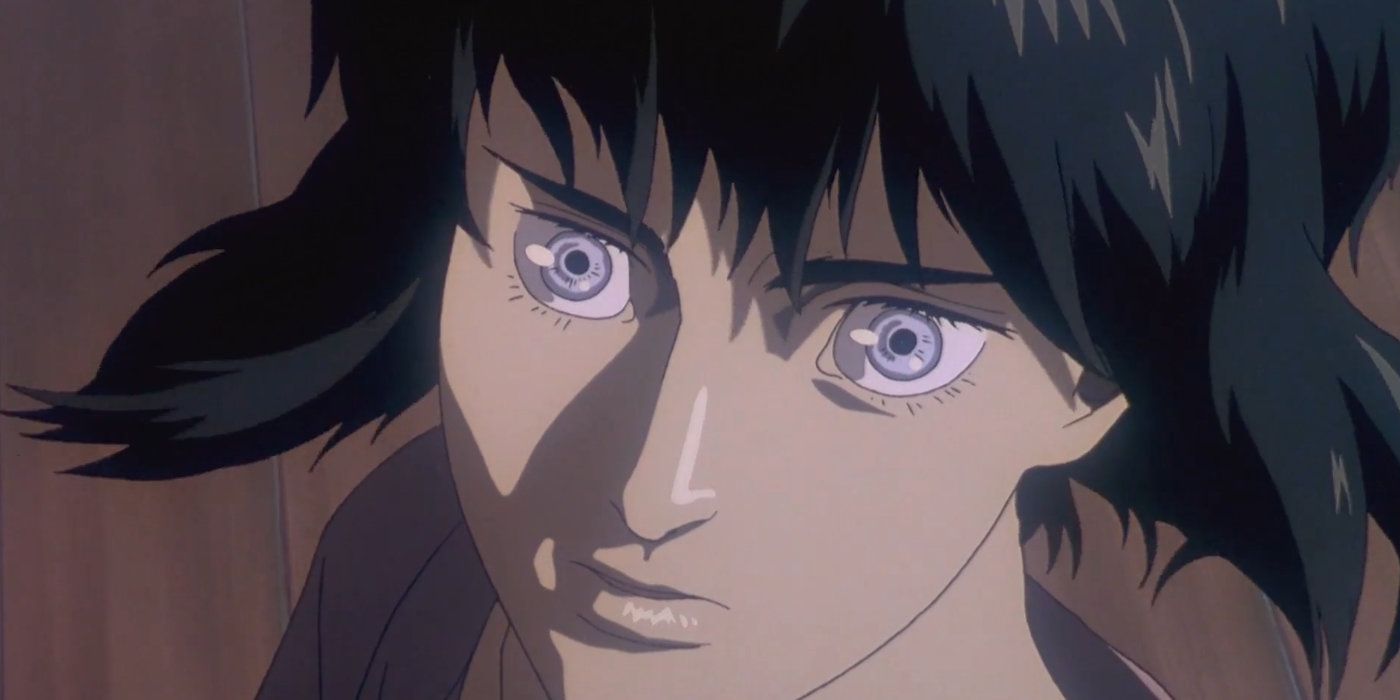
During Kusanagi and Batou's conversation on the boat, a voice speaks through her which could only be the Puppet Master. It's enough to shock both of them and make them wonder just what happened, but it would have long-lasting ramifications near the end of the film.
Here, the Puppet Master paraphrases 1 Corinthians 13:12, which is believed to describe the acquisition of knowledge over time, until such a moment arises that it all becomes clear through revelation. Though not meant to relate to Biblical prophecy, the Puppet Master does use it to justify transcending into a new form of digital life.
5 "You And The Chief Are The Only Ones Out Of The Whole Section Whose Bodies Don't Come With A Warranty."
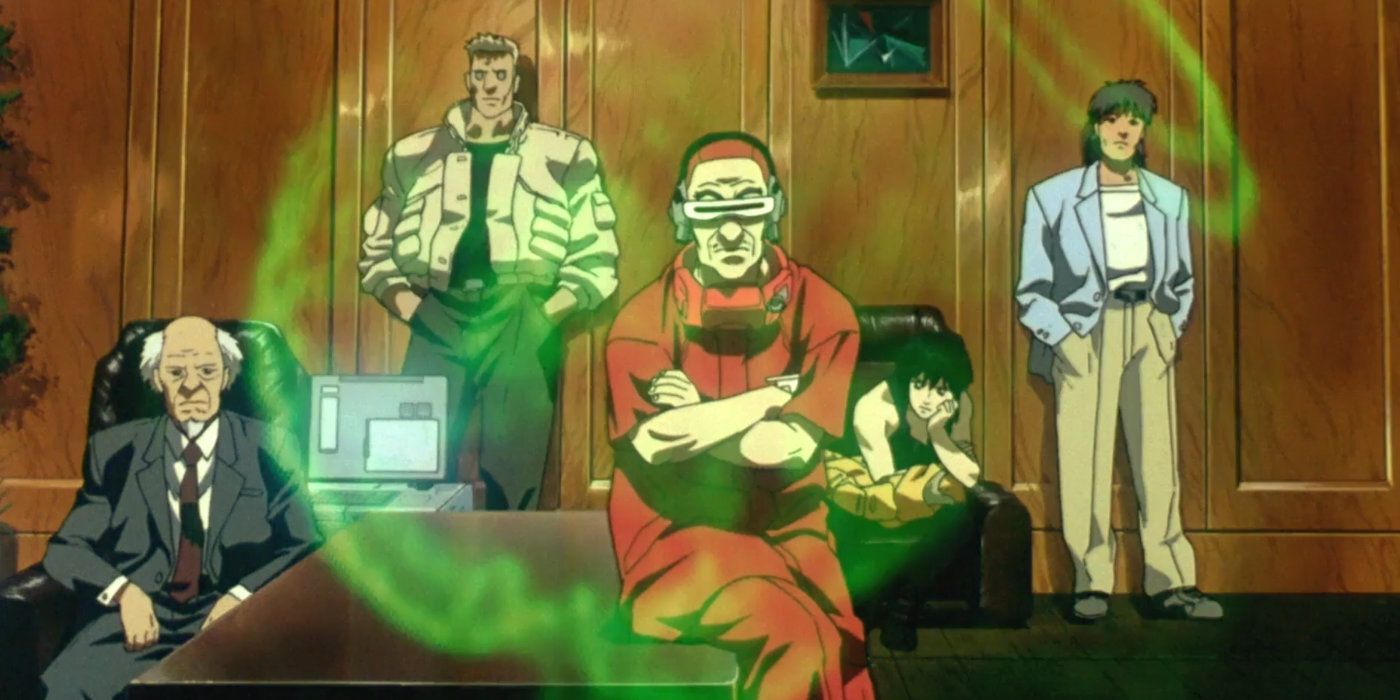
Batou makes this quip after they discover a ghost-line in a body hit by a truck on the freeway. The body was made by MegaTech, the same conglomerate that forged Major Kusanagi's cyborg body, as well as parts of Batou. Like any piece of machinery, it requires maintenance in order to stay in optimal function.
This quote sums up the difference between human agents in Section 9, and their cyborg counterparts, as well as the difference in viewpoint. To humans, having a cyborg body might sound pretty cool, but the grass may not be as green on the other side as they first thought.
4 "What If A Cyber Brain Could Possibly Generate Its Own Ghost? Create A Soul All By Itself? And If It Did, Just What Would Be The Importance Of Being Human, Then?"
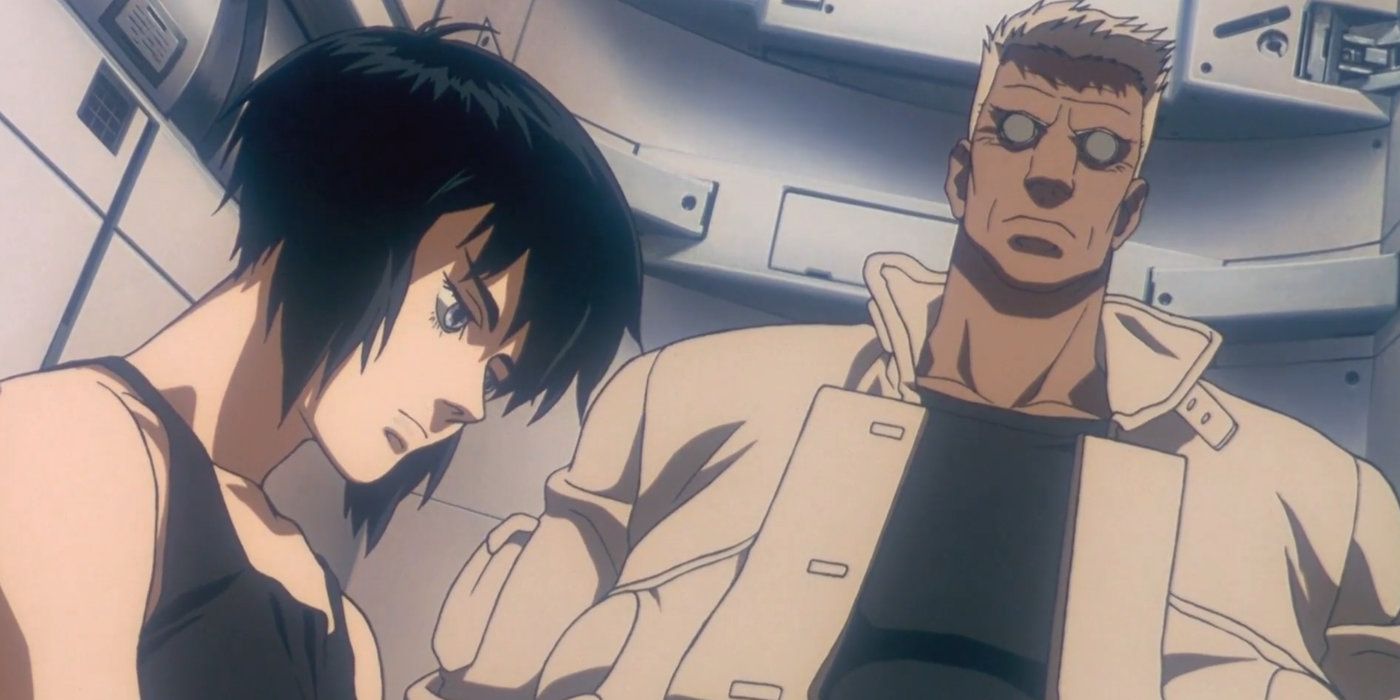
After discovering a cyborg body hit by a truck on the road, Section 9 brings it in for closer study and determines that there's a ghost pattern (a human consciousness) on the inside. This shouldn't theoretically be possible, given degradation that normally occurs with a human ghost pattern.
This leads Kusanagi down a philosophical rabbit hole right when she's already starting to question her own existence. She asks Batou this question in an elevator, shortly after learning of the ghost pattern in the cyborg body. The implications are fierce, as they would definitely call into question what the word "human" actually means.
3 "And Can You Offer Me Proof Of Your Existence? How Can You, When Neither Modern Science Nor Philosophy Can Explain What Life Is?"
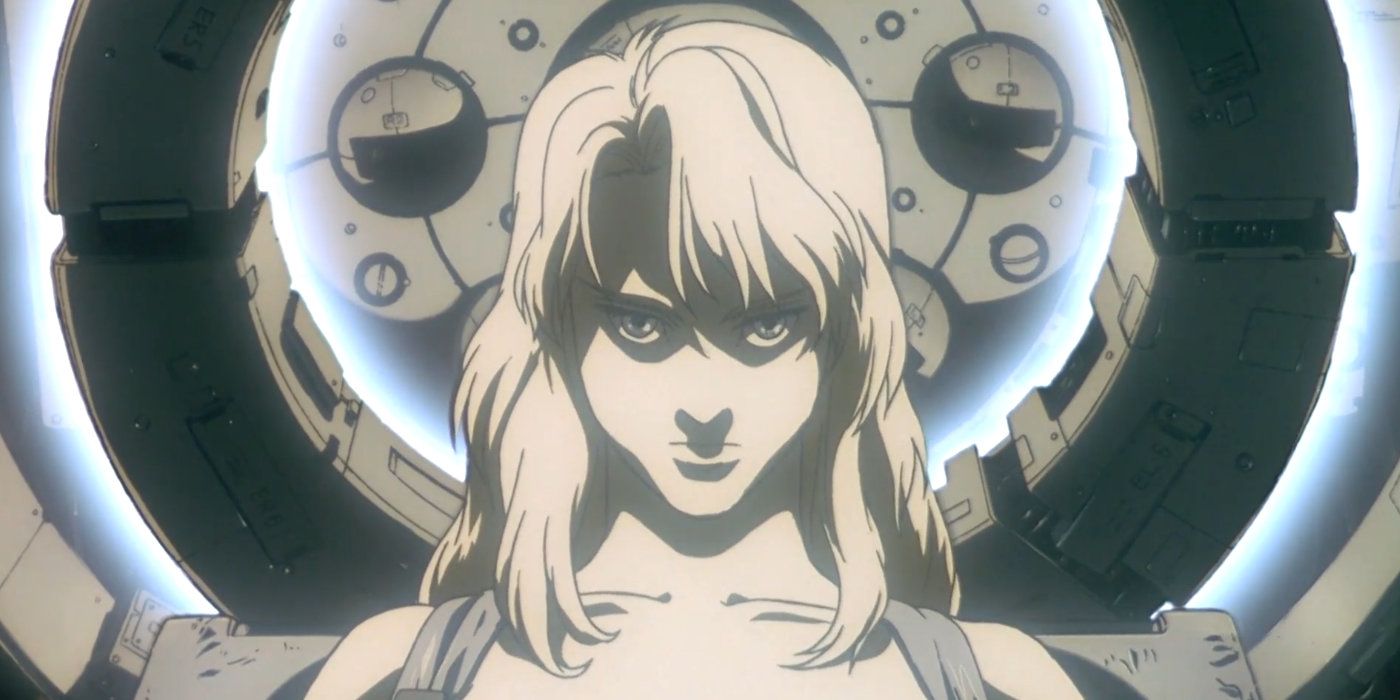
The Puppet Master was a program born to manipulate, which means those qualities were amplified the moment it gained sentience. When it creates a new body for itself, it throws all preconceived notions about ghost-pattern consciousness out the window. When Nakamura from Section 6 arrives to take the body back, the Puppet Master decides to reveal himself to them.
At first, they scoff at the notion that the Puppet Master is a sentient, thinking life form. It responds with this question, using the tall grass of philosophy as a weapon by which to make them second-guess themselves. In the end, there is partial truth to the insinuation, however.
2 "Life Perpetuates Itself Through Diversity, And This Includes The Ability To Sacrifice Itself When Necessary."
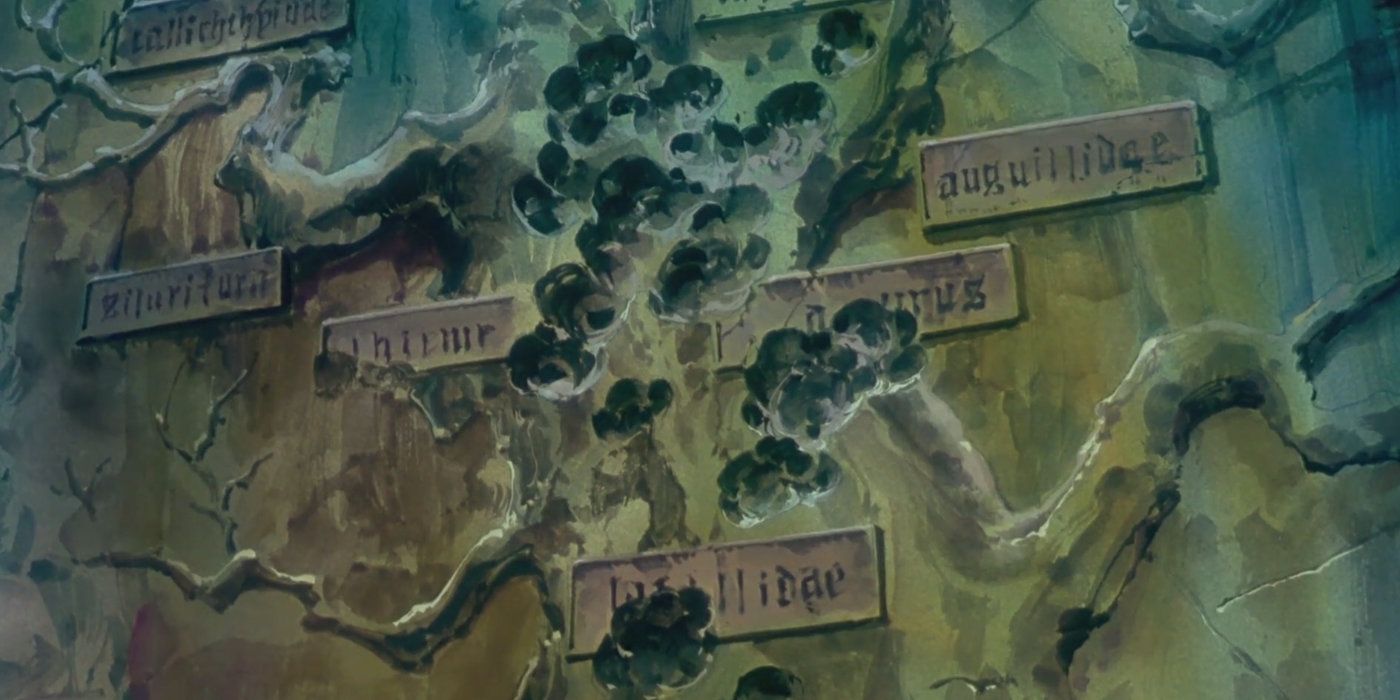
In the final act of the film, the Puppet Master makes an appeal to Kusanagi by capitalizing on her existential crisis. He suggests that the two merge into a new being; a formation of conscious awareness that would give rise to an entirely new form of life. It isn't explicitly clear what form this takes, but it's far beyond both of their understanding.
The Puppet Master justifies his desire by referencing the nature of life itself, particularly the concepts of reproduction and sacrifice to perpetuate genes, and continuing the cycle. In this case, it's willing to sacrifice itself to merge with Kusanagi and transcend the limitations of their respective existences.
1 "And Where Does The Newborn Go From Here? The Net Is Vast, And Infinite."
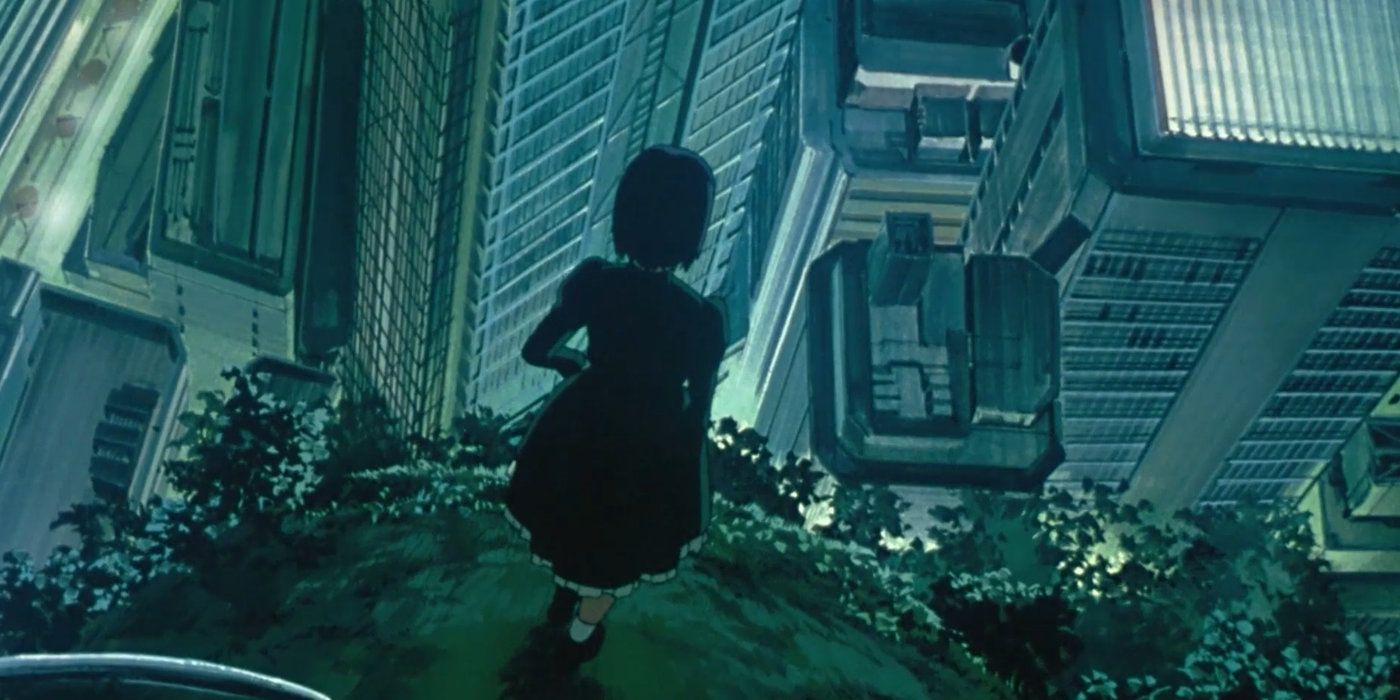
Following the cataclysmic final act, and the destruction of the Major's body, she awakens to find herself in a black market child's cyborg body. It's a fitting "shell," given that she's essentially a newborn, following her merging of consciousness with the Puppet Master. At first, she seems like her old self, but it quickly becomes clear that a change is taking place.
When she leaves Batou's safe house, she utters this quote to herself, remarking on where she might go from that point on. It's both an extremely confusing ending, as well as a new step in her existence, and one that would play out to a greater degree in the sequel, Ghost In The Shell 2: Innocence.
0 Comments